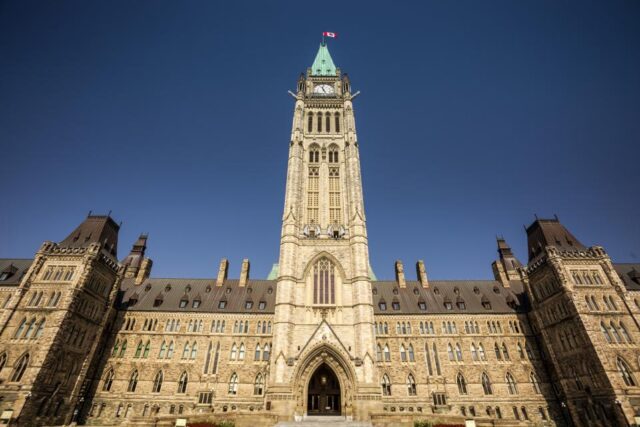The following is from the Treasury Board of Canada Secretariat.
The Government of Canada has asked that employees, at all work sites, work from home whenever and wherever possible, and that managers identify an approach that is flexible while ensuring continued critical government operations and services to Canadians. I know that departments and agencies are actively exercising this flexibility to limit the number of employees working on-site, thereby contributing to the efforts to contain the outbreak and prevent further spread. As you are aware, a number of departments have also activated their business continuity plans (BCPs) in response to the evolving situation with COVID-19.
Whether or not you have activated your BCP, request that employees working remotely who are not supporting critical operations, service and program delivery, limit their use of the network according to departmental guidance.
In cases where a manager determines that working remotely is not at all possible, non-critical employees will be eligible for “other leave with pay” (code 699). Students, casuals and terms less than three months who are not providing critical services are also eligible for this leave subject to the conditions indicated in my March 18, 2020 message here.
This guidance remains in force until April 10, 2020, and will be reassessed closer to the date based on how the situation is evolving.
Network usage for critical and non-critical services
BCP guidance and directives to departments do not stipulate how network resources should be used to support employees performing critical and non-critical services.
Appropriate network usage to maximize availability for priority users is a decision at the discretion of each Deputy Head. Any decision should be taken in consultation with the departmental Chief Information Officer (CIO) and Chief Security Officer, who are supported with the latest network capacity updates from Shared Services Canada and the Treasury Board Secretariat’s Office of the Chief Information Officer.
In all cases, please refer to network usage best practices that were shared in my message from March 13 here or consult with your CIO.
On-site critical services
Managers are to consider on-site work only if the work meets the definition of critical service and working remotely to support it is not feasible.
A critical service is one that, if disrupted, would result in a high or very high degree of injury to the health, safety, security or economic well-being of Canadians, or to the effective functioning of the Government of Canada. All departments are required to identify their respective critical services and related supporting resources. For more information, please refer to the Policy on Government Security.
Given the nature of the crisis, your existing list of critical services may not be up to date. If you have not done so already, I invite you to revise it accordingly and to identify redundancy for the highest demand jobs, to account for possible absences or to prevent burnout of staff should the situation persist.
By contrast, an essential service is used to determine which positions must continue to provide service during strike activity. Essential service agreements are agreed to with the bargaining agents. No current essential service agreements exist for the vast majority of public service organizations.
As before, please continue to refer to the Information for Government of Canada Employees (with advisories and messages for employees) and Canada.ca/Coronavirus websites.







